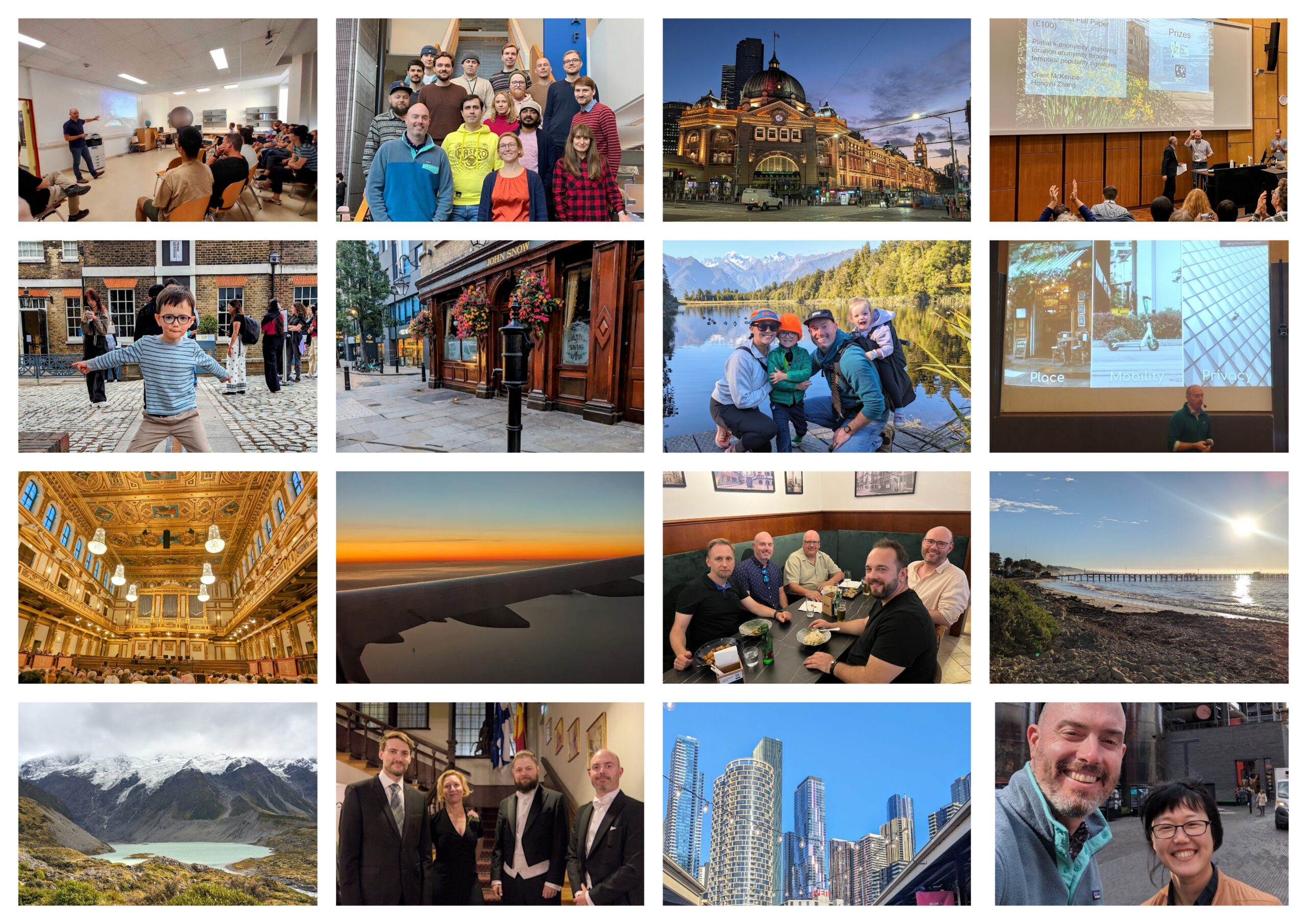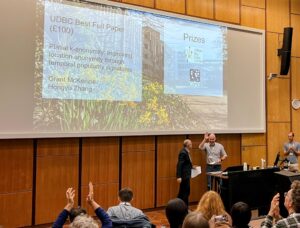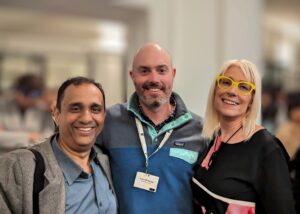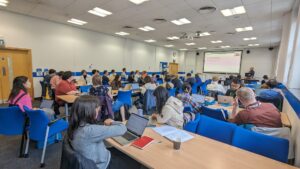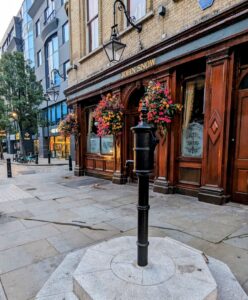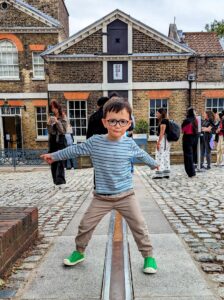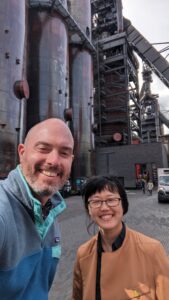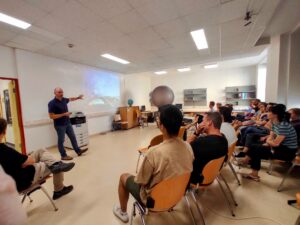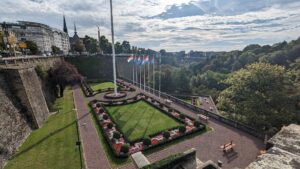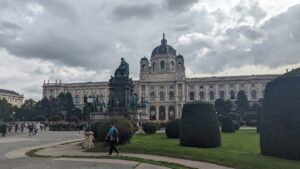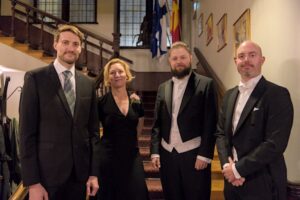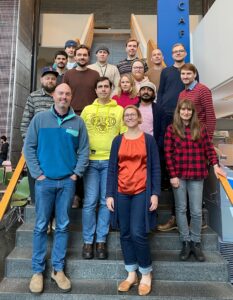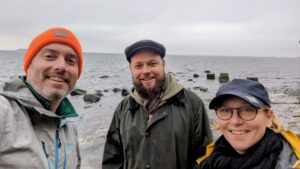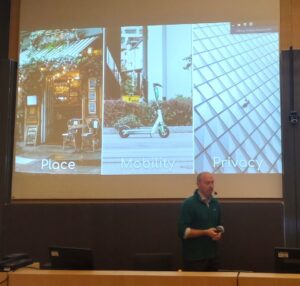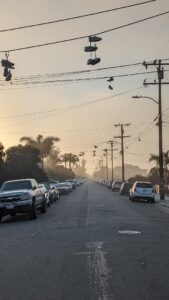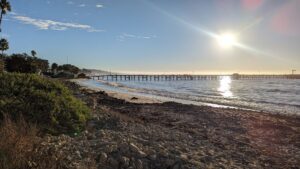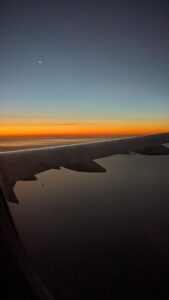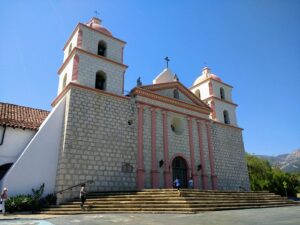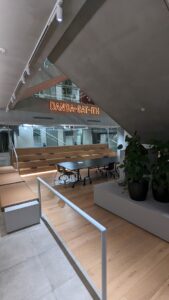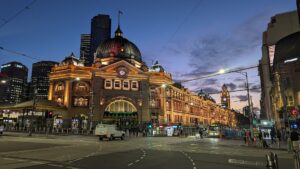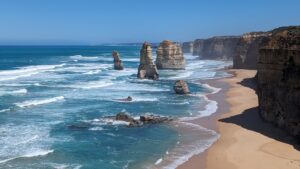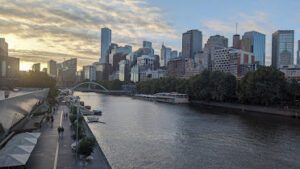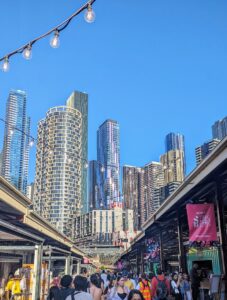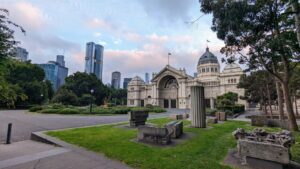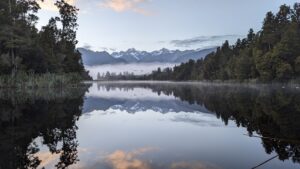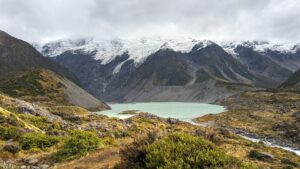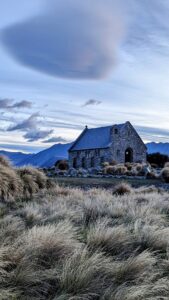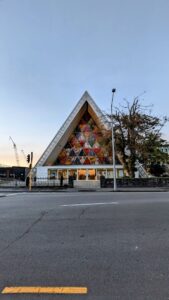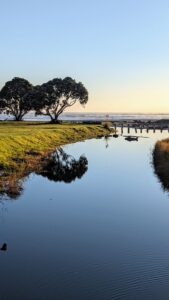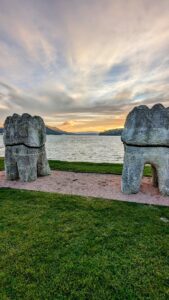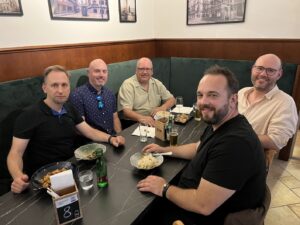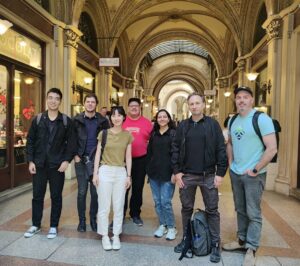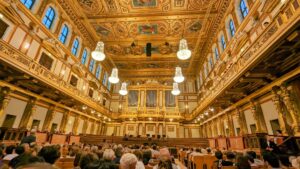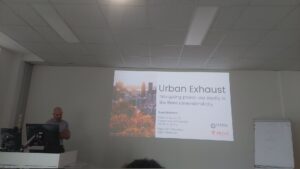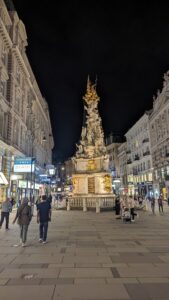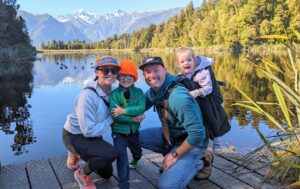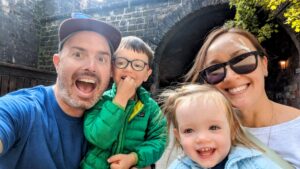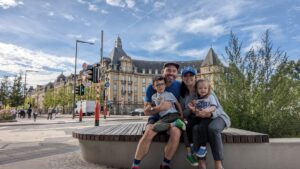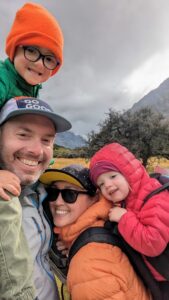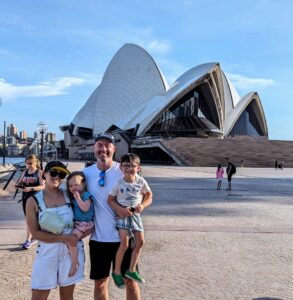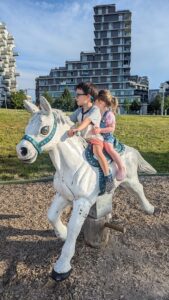Professor McKenzie has been on sabbatical for the past 12 months. Below is a blog post reflecting on his travels, collaborations, and research endeavours during this time.
As my sabbatical comes to an end, I’ve been reflecting on the experiences and connections that have shaped the past academic year. I’ve also gained a deeper appreciation for the vital role that sabbaticals play in academic life. Sabbaticals might seem like a strange concept to those outside of academia, but I have come to see them as essential for academic growth. Academia defines a sabbatical as a period of leave granted after several years of service, allowing academics to rest, study, travel, and pursue research and professional development opportunities. In practice, this means being excused from teaching and university service.
For me, this sabbatical provided a unique opportunity to collaborate with colleagues worldwide — people I wouldn’t typically have the time or means to meet. It also allowed me to finally explore research ideas I had put on the back burner and to contribute to ongoing discussions on location privacy, mobility, and spatial data science. The following paragraphs chronicle the activities and experiences that defined my sabbatical. I write this partly as a personal record, partly as an illustration of the benefits of academic life for my students, and perhaps as a way to reflect on and justify the choices I made over the past year.
My sabbatical journey began in September at the 12th International Conference on Geographic Information Science (GIScience) in Leeds, UK. This conference, one of the top venues in our field, is always a great opportunity to reconnect with colleagues and engage with the latest cutting-edge research. This year’s conference did not disappoint. I learned about some truly innovative work and had meaningful discussions with colleagues I hadn’t met in person before. I presented some of our lab’s recent work on location privacy and mobility vitality as well as organized a workshop on Equitable Accessibility and Sustainable Mobility. Attending this year’s conference was particularly rewarding as my former doctoral student Hongyu Zhang and I received the best paper award for our paper “Platial k-Anonymity: Improving Location Anonymity Through Temporal Popularity Signatures.” On a personal note, I finally made it to the Broad Street Pump and the Royal Observatory, Greenwich (Prime Meridian) on our way through London…. essential stops for any spatial data scientist.
After Leeds, I travelled to Luxembourg at the invitation of Eun-Kyeong Kim from the Luxembourg Institute of Socio-Economic Research (LISER). During this visit, I ran a workshop on location privacy methods [GitHub repository here] and gave an invited talk on place-based privacy. It was great to reconnect with Eun-Kyeong after first meeting her at a COSIT conference back when we were graduate students. This visit also led to the development of a joint research proposal on location privacy, which was later funded by the Quebec Government and the Luxembourg National Research Fund. From Luxembourg, I took the train to Switzerland for a visit with Ross Purves’ Geocomputation group at the University of Zürich, where we discussed the future of place-based research and I gave an overview of my current research program as a colloquium presentation. I then continued on to Vienna, Austria, where I presented at the University of Vienna and reconnected with my PhD co-advisor Krzysztof Janowicz’s group, exchanging ideas and exploring a wide range of potential collaborations. Spending time with Jano is always inspiring, especially over a Viennese coffee, where our conversations drifted from global geopolitics to trust in GeoAI.
In November, I had the distinct honour of participating as the opponent in the PhD defense of Tuomas Väisänen, a member of the Digital Geography Lab at the University of Helsinki. The Finnish academic tradition is quite formal and it was an incredible experience participating in the defense and related events. It made me wish that McGill’s doctoral defense process was more formal. While in Helsinki I also had the chance to present at the GeoSPA speaker series and chat with colleagues from Aalto University’s GIST Lab. This visit inspired a number of different ideas for collaborative research projects related to active mobility which I hope to have time to tackle in the coming months.
December brought an invitation to a Specialist Meeting on “Spatial Data Science in an Age of Scientific Disruption” at the University of California, Santa Barbara. It was great to catch-up with a range of colleagues from academia and industry and discuss “big picture” ideas related to GIScience. The outcome of this meeting was two collaborative journal papers that are currently under review. Our aim with these papers is to describe a vision for spatial data science (in both research and teaching) in the coming years. This visit was also a nice opportunity to visit some of my favourite places from my time in graduate school.
The new year began with a six-week visit to the University of Melbourne in Australia, where I worked with Professors Stephan Winter and Martin Tomko on a range of research topics. Our discussions have already resulted in a joint grant proposal and several paper ideas that are now in progress. The visit also gave Stephan and me some time to discuss organization of the 16th Conference on Spatial Information Theory (COSIT) for which I am the general chair and he the steering committee chair. During my time in Melbourne, I also met with Matt Duckham’s group at RMIT University to hear about their current efforts in GeoAI and share some of our lab’s work on GeoNLP. This collaborative visit was made possible, in part, by the NSERC Alliance International Catalyst grant, which supported my efforts to further build research partnerships in the city. Melbourne holds a special place in my heart, as I completed my Master’s degree at the University of Melbourne in 2008. It is one of my favourite cities, and I always jump at the chance to return and see how it has evolved over the years.
Starting in mid-February, I spent two months at the University of Canterbury in Christchurch, New Zealand, as an Visiting Erskine Fellow. It really was an honour to be invited by Vanessa Brum-Bastos and the School of Earth and Environment. During my stay at the University of Canterbury, I gave a series of presentations and taught a short course on Geovisual Analytics. I was also able to catch-up with my old graduate school office-mate and colleague, Ben Adams. This visit resulted in a number of new research ideas related to local-scale mobility and proof-of-location. A number of these collaborative projects are currently underway. On a personal note, living on the South Island of New Zealand for a couple of months was extraordinary. Not only is Christchurch an amazing city, but it is also the gateway to an incredible natural wonderland. We were on the road exploring almost every weekend.
The final phase of my sabbatical took me back to Vienna, where I spent a month as a Visiting Professor at the University of Vienna, hosted by Ourania Kounadi. This visit was an opportunity to collaborate more closely with Ourania Kounadi on our shared interests in location privacy and co-teach a course with her on the topic. The visit also enabled me to reconnect with Krzysztof Janowicz’s team and continue our discussions on GeoAI.
Vienna reminded me that it is very much one of the academic centres of the world. While there I managed to catch-up with my other PhD co-advisor, Martin Raubal (on sabbatical from ETH Zurich), Dan Montello (visiting from UCSB), Sarah Fabrikant (from the University of Zurich, giving the Waldo Tobler Lecture), Christoph Fink (a colleague in Vienna), and Ioannis Giannopoulos and Markus Kattenbeck from TU Vienna. Needless to say, many topics were discussed and numerous research ideas are in the works as a result of the stay in Vienna.
On a personal note I was incredibly fortunate to have my family join me on almost all of my travels and to sneak in a few non-work trips to visit friends and extended family over the past year. I fully acknowledge the privilege of having a career that, while often intense, does allow the freedom to travel and mix work with pleasure. Travelling with young kids is hard and none of this would have been possible without my partner’s enduring support.
As I return to my regularly scheduled programming, I am grateful for the experiences that have shaped this sabbatical. The relationships formed and strengthened will undoubtedly influence my (and this lab’s) work in the years ahead, and I look forward to building on these collaborations. Overall, this sabbatical has reaffirmed my belief in the importance of “stepping back” once in a while so as not to lose sight of the forest for the trees.
Author: Grant McKenzie

